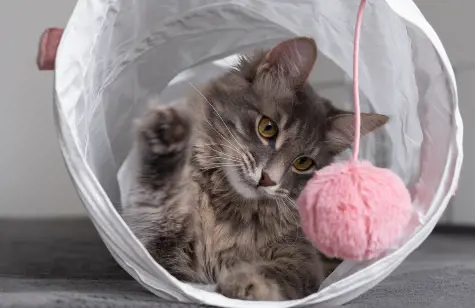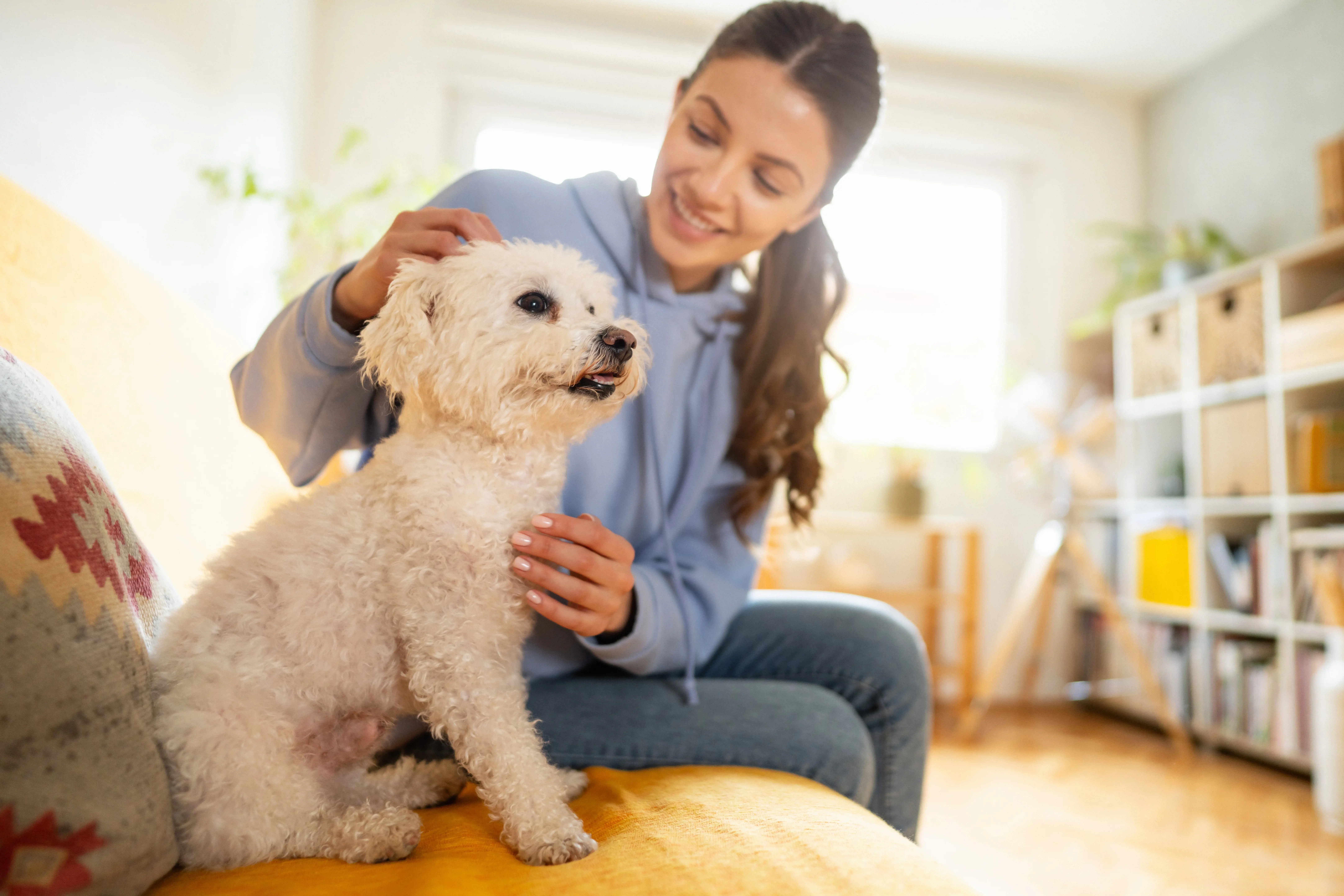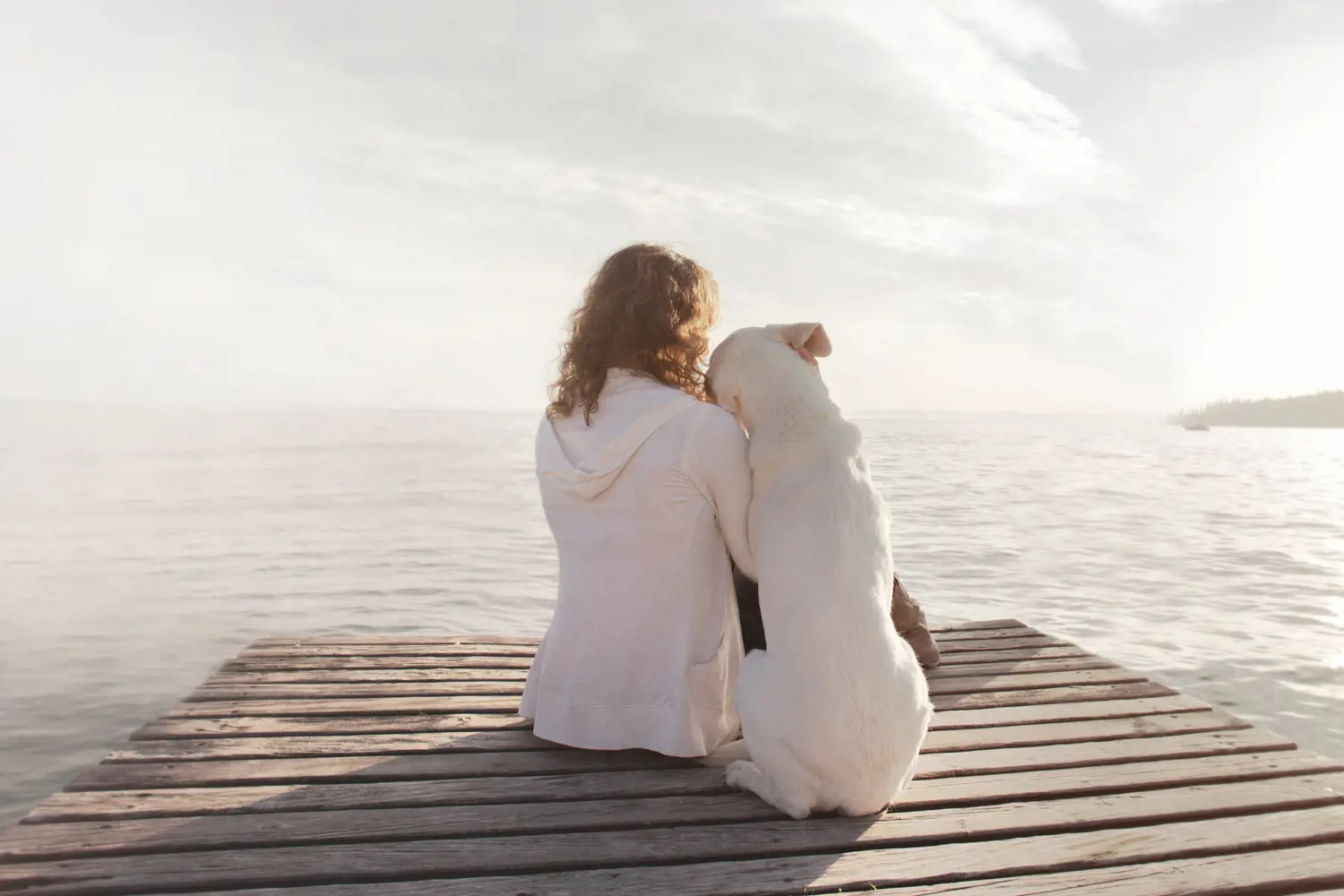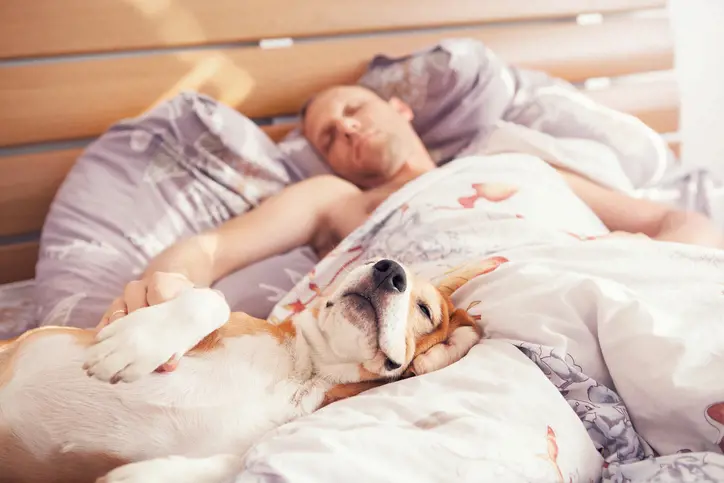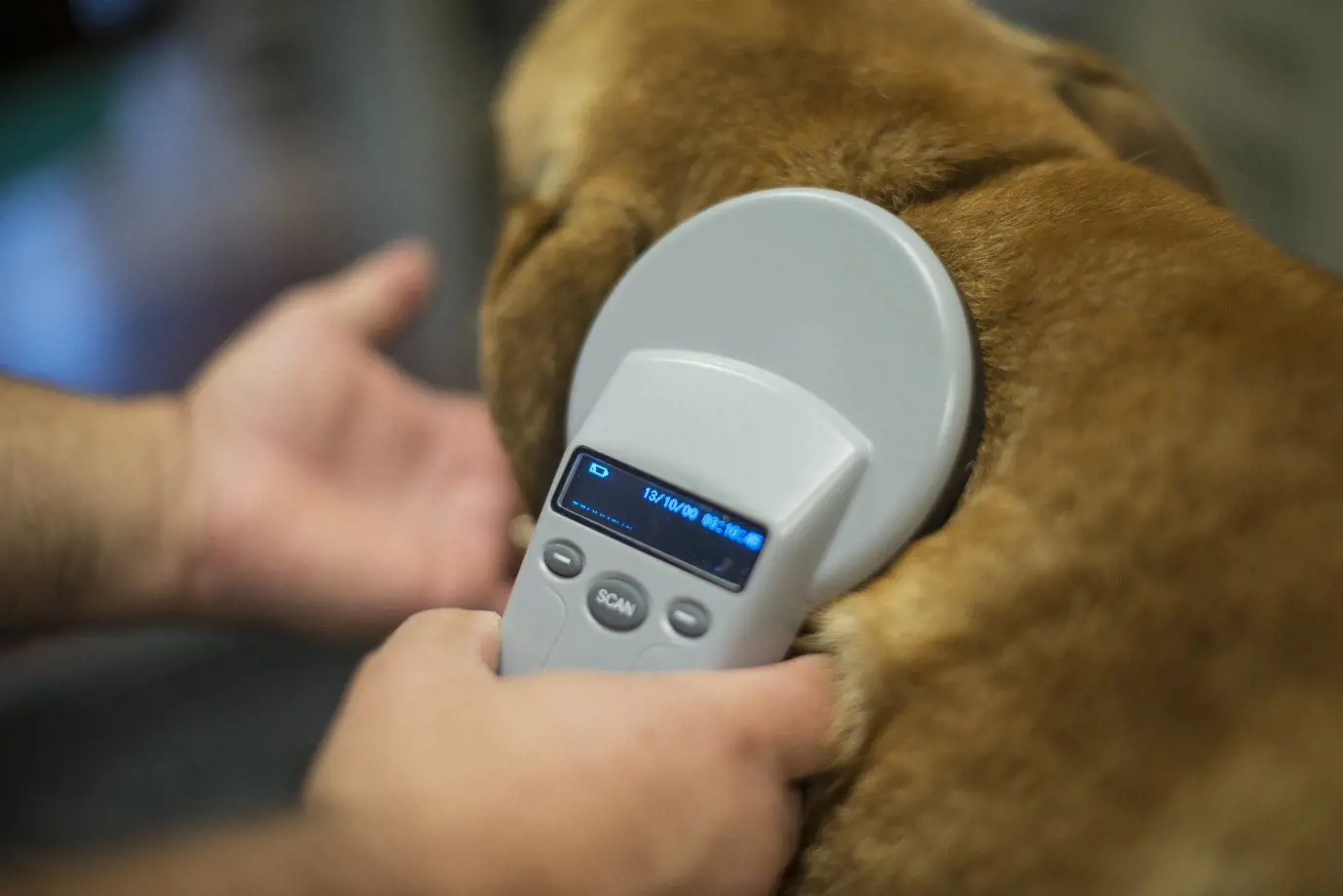Is it true that dogs are more affectionate than cats?
24th July, 2019
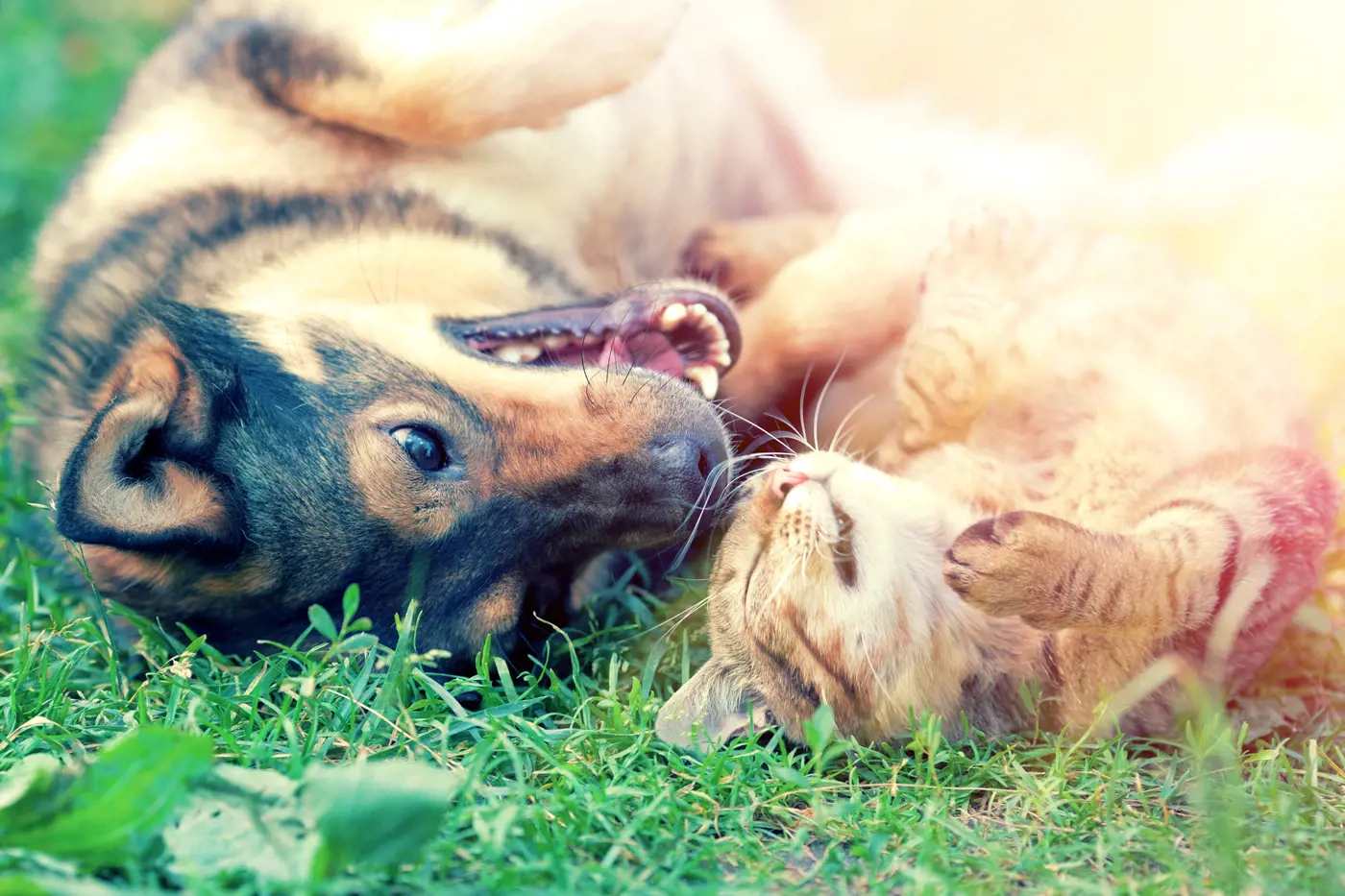
As animal lovers ourselves, we know how cats and dogs can bring so much into our lives. Unconditional love, companionship, and endless amusement – they even improve our health and wellbeing. Whether you’re getting out and about with your pooch, or enjoying the therapeutic frequencies of a moggy’s purr, both cats and dogs can provide a whole heap of furry love.
That said, the debate still ensues over which animals are more affectionate – canines or felines? Dogs and cats have been living with humans for thousands of years, and yet still, a whole host of factors can affect the way that they behave with us.
If you’re thinking of getting a cat or dog as your new pet and you’re looking for the all-important pet insurance to look after them throughout their lives, take a few moments to consider which one is right for you and your lifestyle.
Are cats as affectionate as dogs?
Yes, cats can certainly be as affectionate as their canine counterparts. Cats are subtle creatures and their affection is far more nuanced than we think – it doesn’t help that they have a particularly expressionless face compared to dogs, who just from merely panting (or sweating) look like they’re smiling. Staffordshire Bull Terriers, we’re looking at you!
A recent study has revealed that cats actually recognise the voice of their owner, and in response they turn their ears and head in that direction. Their pupils were also found to dilate in excitement.
Scientists have also suggested the idea that when a cat looks unamused, it’s because their facial muscles are relaxed, and it differs to when they are stressed or in pain. Turns out we’ve been reading them wrong all along!
You might also recognise the slow blink, or ‘cat kiss’, as it is also known. When a cat greets you with a languid and relaxed blink, it is the ultimate symbol of affection and trust – they are aware of your presence, and you pose no threat. Blink back slowly, and you’ll be speaking the same language.
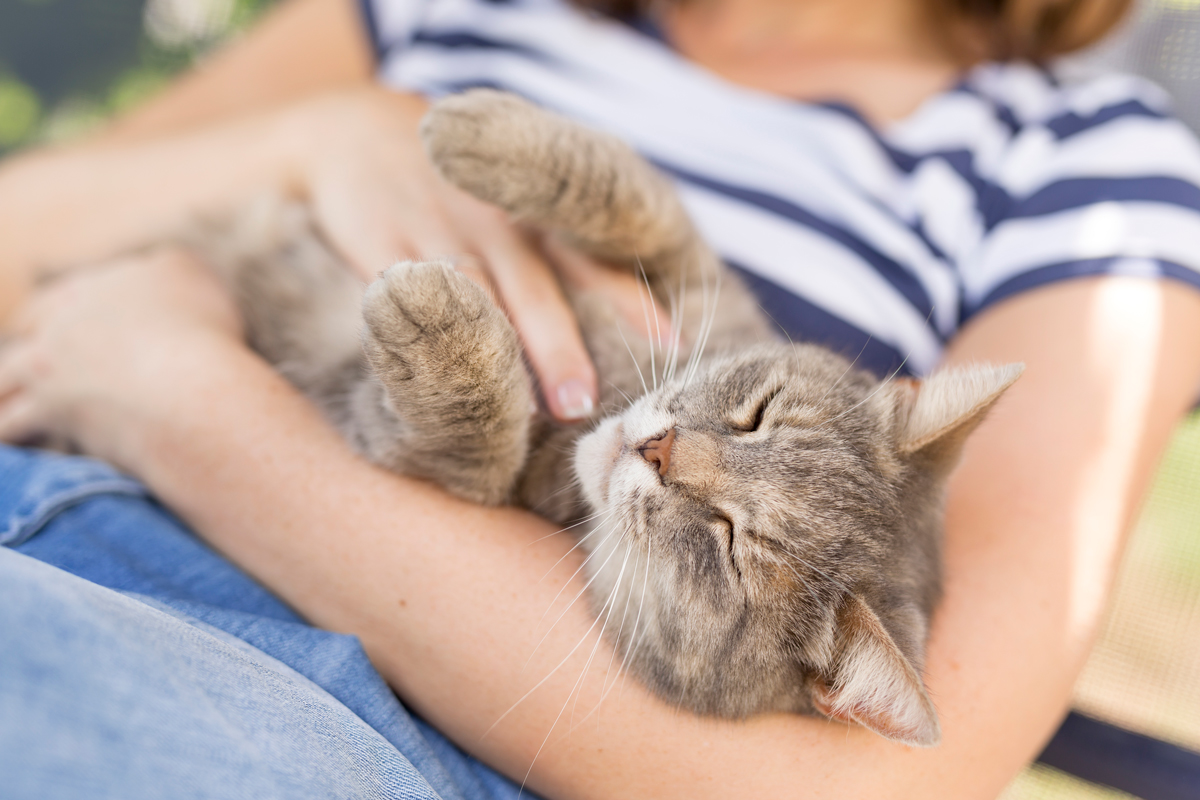
Felines can show that they love their owners in many other beautiful ways: that might by purring when they’re enjoying something, butting or rubbing against you, or the (perhaps unwelcomed) gift of a dead bird or rodent.
That occasional gift from our moggies is, in fact, symbolic for their affection. We mustn't forget that cats are natural-born hunters, and in bringing us gory gifts, they are quite literally teaching us how to hunt.
It’s their gift to us and it’s their way of showing that we are important to them in acting out their natural role. It sounds strange, we know, but it’s true.
Why are cats less affectionate than dogs?
Of course, science and natural instinct have a lot to answer for. Also known as the ‘cuddle chemical’, or the ‘love molecule’, the hormone oxytocin undoubtedly plays a role.
Mammals release oxytocin when they feel love or affection for someone or something, and according to a recent study, dogs produce five times as much of this hormone upon seeing their human than cats do.
Dogs are naturally very sociable creatures – and they have their wolf ancestors to thank for that. The most tell-tale sign of rising oxytocin levels in dogs is the frantic wagging of their tail whenever their owner walks into the room, making eye contact, or jumping up when they are excited to see you.
Learning how to read these signs and respond can make for an unbreakable bond between canine and human for years to come.
Oxytocin is far more complex than we can imagine and we are only just beginning to understand the role it plays across all mammals.
For example, cat lovers are now beginning to challenge critics, as tests on oxytocin have only largely been conducted on dogs.
They argue that felines are just as expressive as their doggy companions, it’s just that we are misinterpreting their communication.
In fact, cats do produce oxytocin, just not in such large quantities as their canine counterparts.
Over time, cats develop inseparable bonds with their owners – it just might take a little longer than with a doggy. It is a common misconception that cats don’t love their owners but the dynamic differs slightly.
On the whole, cats are reciprocal creatures. If they feel mistreated, they will stay away completely and this is where they can differ to dogs. With time, patience and love, cats respond to their owners and can certainly overcome any aloof behaviour with the right owner.
Do cats love their owners like dogs do?
Cats see us as their surrogate family
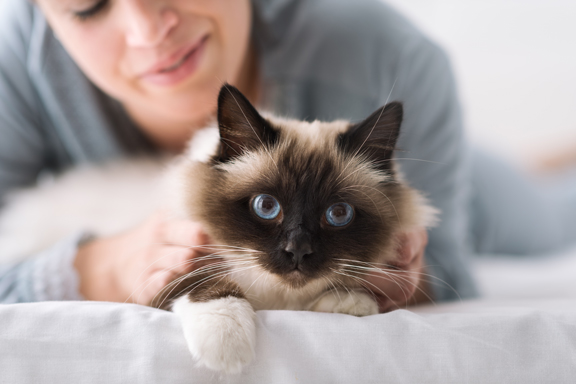
Cats certainly adore their owners if they treat them properly – however, humans play a different role for dogs than for cats. With people that they love and trust, cats will naturally see themselves as a teacher or a parent figure. Effectively, we are their surrogate family.
This peculiar cat-human dynamic also explains why cats love to knead our laps, pushing their front paws in and out as if to mimic feeding from their mothers.
It’s largely unknown why cats demonstrate such curious behaviour, but it’s thought that when a cat is at ease, they are communicating to their human companions that there is a maternal connection between them. It’s really quite beautiful if you think about it.
Nature’s way is that a cat sees us as their surrogate family and need to take care of us. It certainly differs from the way that dogs show their love for their humans – but it’s love all the same.
One way that owners can help their cats to socialise is by understanding their instinctive nature, and playing along with it.
Use toys that allow your cat to hunt, such as playing with feathers on a rod or a toy mouse on a string – it can work wonders for satisfying their need for company and love and help to build the bond between you.
Dogs see us as leaders of their “pack”
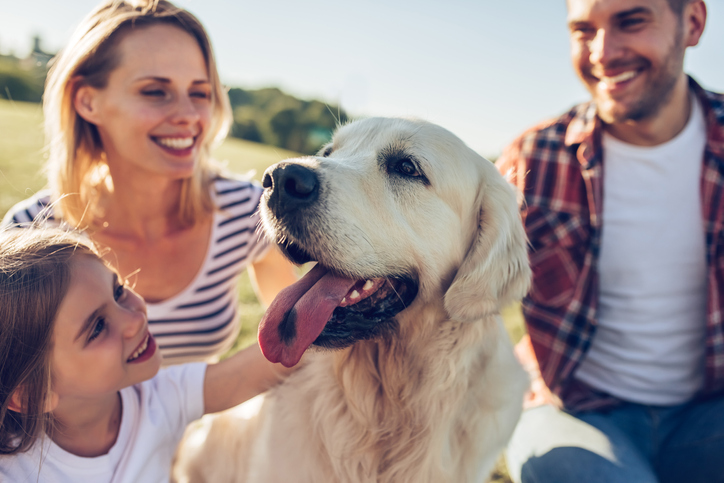
Dogs have undoubtedly become the symbol of loyalty, or simply ‘man’s best friend’ and it’s certainly a lot for cats to compete with. Domestic dogs have the pack instinct to thank for their unwavering commitment to their owners.
Loyalty in a pack is of paramount importance for surviving in the wild – it would explain why dogs will go to extreme lengths to protect and care for you.
While dogs are renowned for their undying faithfulness to their humans, it is important to understand our role as pack leader.
One reason why dogs have been popular pets for so long is that they, like us, also appreciate the importance of the family unit. They seek validation from us far more than cats do – whether that’s seeking eye contact, following us, or bringing us their favourite toy.
Dogs can learn to live harmoniously alongside many humans at once, and this might be something that you as an owner are seeking in a pet.
With us at the head of their pack, dogs expect us to control all variables of their lives. When it’s time for walkies, deciding when they eat, when it’s time to play or when to be disciplined – it’s all down to us.
This, in turn, can have its challenges for dog owners – being away from a dog for hours on end, for example, can cause separation anxiety for your four-legged friend. With cats, however, this is rarely a problem as they are not so dependent.
Becoming a dog owner is almost like entering into a social contract with them; if you are not fully committed to the demands that they require of you, then it’s best rethinking whether you’re prepared to take on the responsibility.
A strong dog parent is unselfish and instinctive, a bit like being a human parent. In turn, your pack will completely trust and respect you, so long as you give them clear boundaries and put their well-being first.
Are cats more loyal than dogs?
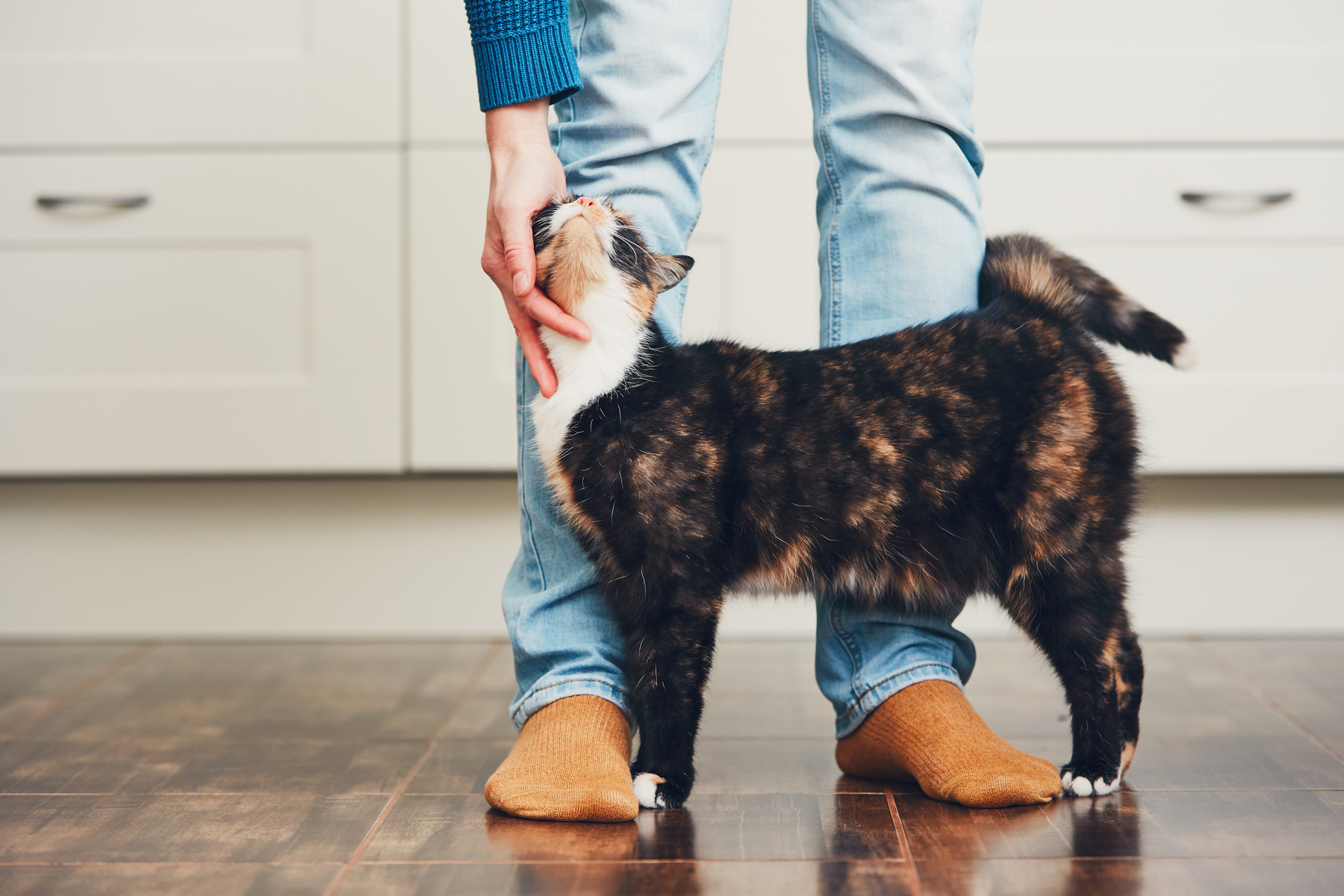
In some ways that you might not believe, cats are undoubtedly loyal. Cats value stability and place a lot of their trust and loyalty in an owner that can offer that to them.
Whether that means offering a safe place they can call home, or giving them the space that they need – you can certainly improve relations by getting to better understand the instinctive nature of your feline friend.
Kitties are descended from far more solitary creatures than dogs, and having a secure place to live is their number one priority.
It is important not to chastise a cat for its distant behaviour before properly understanding it, and your cat will be faithful to you once you have proven your trustworthiness. If their owner is noisy or just a little bit chaotic, a cat will have a hard time accepting them.
There are a lot of people who have one cat, and decide they would like another – however, the cat might not feel the same way. If you’re thinking of getting one, take into account that cats and dogs socialize entirely differently and only science can answer to that.
Once you have gained a cat’s trust, they in turn will trust you and you can have an unbreakable bond similar to that with a dog.
Can a rescue pet learn to love its owner?
If you’re looking to get a cat or dog, take into account that just as personalities and lifestyles differ from person to person, the same goes for canines and felines.
Loving any cat or dog can become depends on how much TLC they receive and even the most feral of rescue animals can make a complete turnaround with enough love and patience. Watching any pet open up to you is probably one of the most touching experiences you can have.
Regardless of animal instinct, other factors can certainly come into play. Generally, it is thought that dogs and cats should be habituated to humans from a young age. For example, cats that do not meet humans until later than 10 weeks may be fearful for the rest of their lives but this is also a generalisation.
Even the oldest and scruffiest of creatures can learn to love you if you love them properly, so it’s always worth giving them a chance. Who knows, it might just be the best decision you ever make.
Are dogs more affectionate and loving than cats?
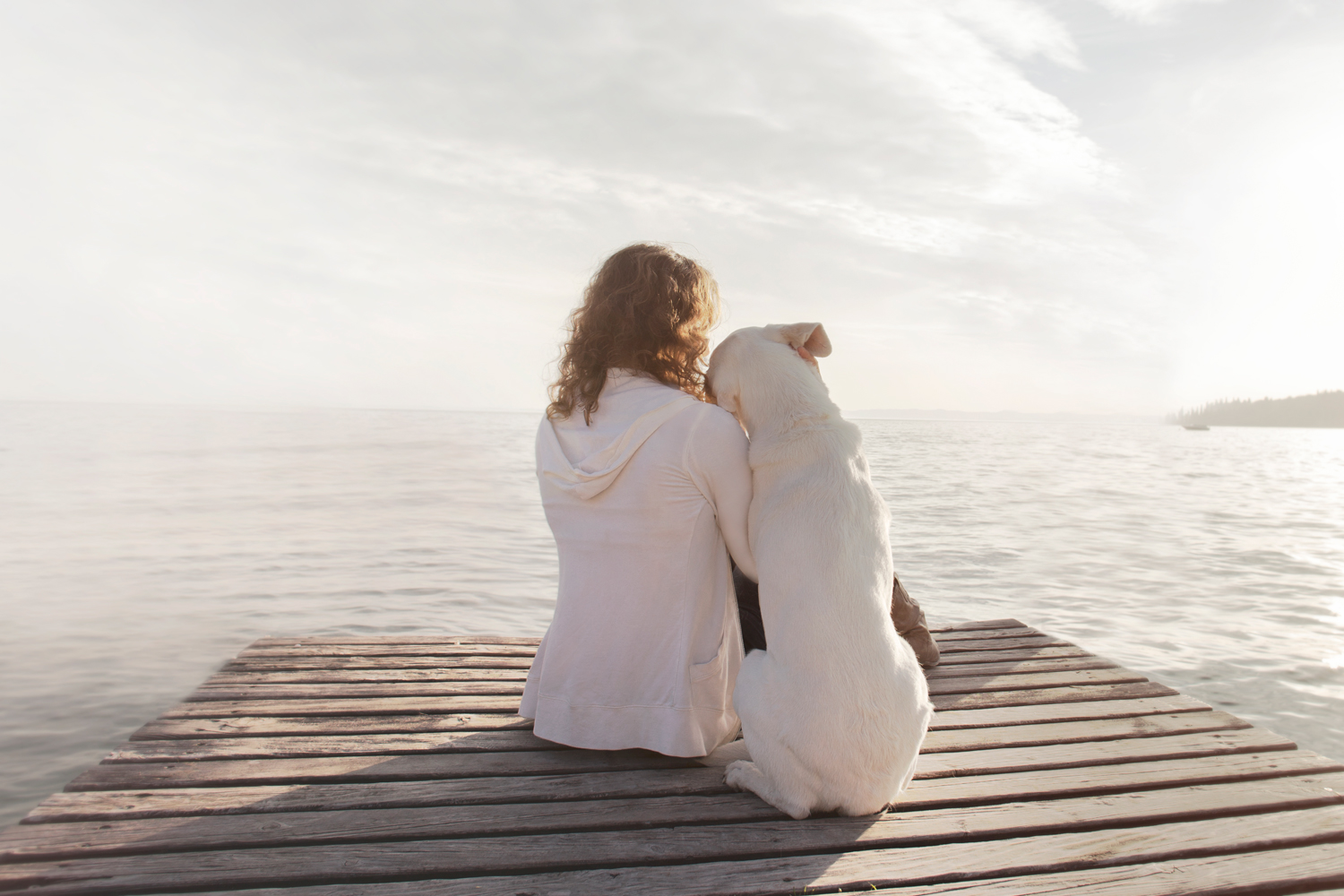
Are dogs really more affectionate than cats, or is this untrue? There is a common stereotype that cats are less loving than dogs. But it is a total misconception and far more complex than a ‘dog vs cat’ binary. In fact, it would be better to do away with comparing them all together.
It seems that kitties are simply misunderstood and if we understand the fundamental differences between the two, we can know which is best suited to us as a pet owner.
Dogs, on the whole, are far more ready to show their devotion to somebody and have a natural affinity for socialising (and hunting) in packs thanks to their wolfish genes. There are several breeds of dogs that are considered to be clingy such as a Labrador and a Pug.
Cats, on the other hand, are descended from territorial predators that prefer to know their hunting grounds like the back of their hand (or paw). Once they are familiar with their space and surroundings, they can be as loving as any dog.
When it comes to their temperament and needs, cats and dogs couldn’t be any more different.
Understanding that cats are more solitary creatures might perhaps suit you better as a pet owner, particularly if you work long hours or cannot commit to the responsibility that comes with owning a dog.
Cats are quite happy to be left alone and explore by themselves, whereas dogs require far more input. It’s all worth taking into account before you make the decision of becoming a pet parent.
Whether you own a dog, cat or both – it’s important to make sure they’re covered by pet insurance. Get a quote for pet insurance from Purely Pets today and you can play your part in taking great care of them.
Helpful Pages
Recent Posts
Pet Insurance Quote
- 98% claims paid *
- Claims paid directly to vets
- 24/7 vet video consultations
- Interest free monthly payments
